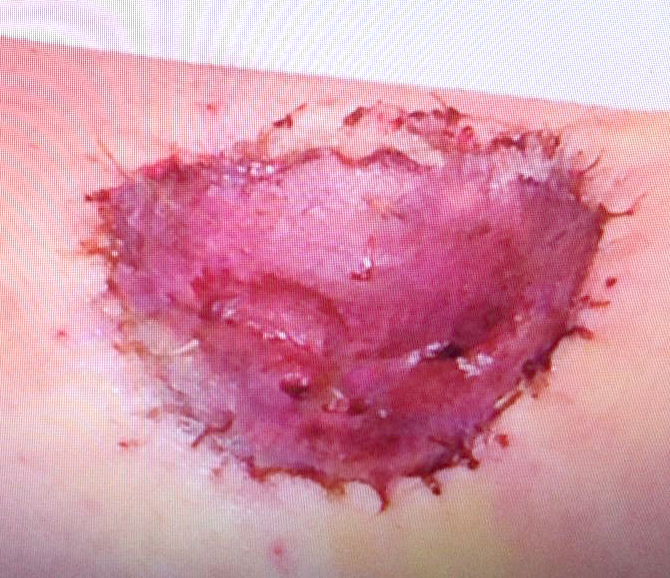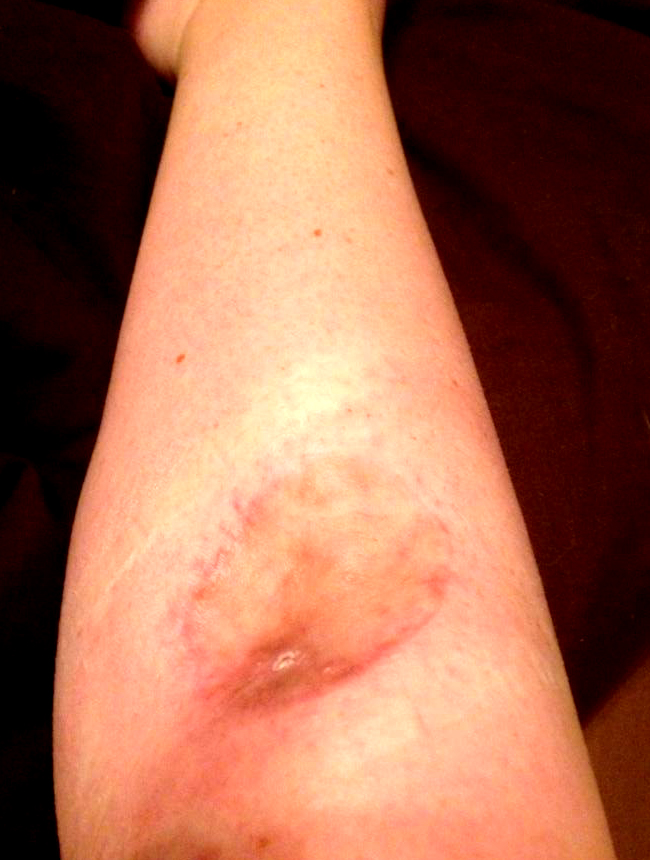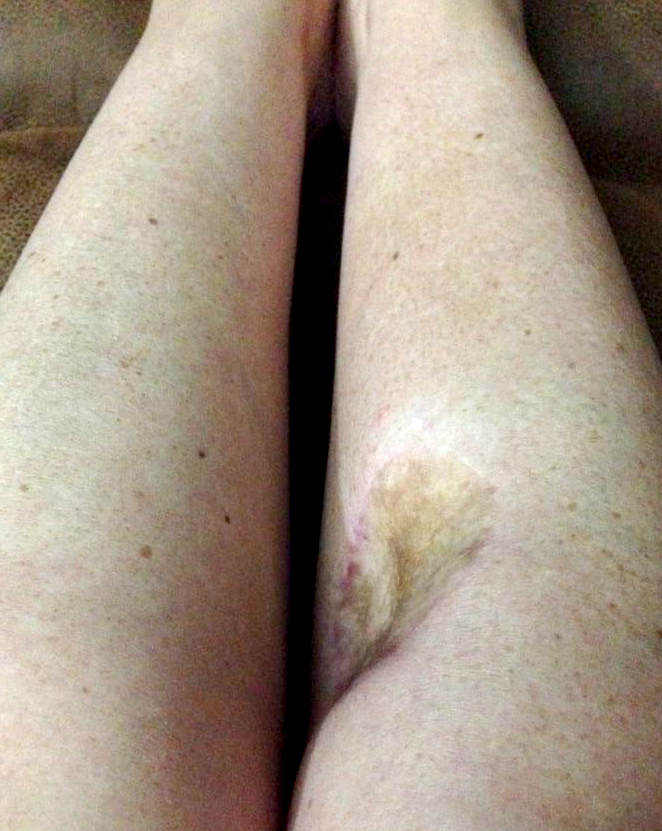The British Skin Foundation is urging the public to check their loved ones moles! Whether it’s your boyfriend, girlfriend, spouse, friend or family – take the time to check for changes in moles.
Things to look for include:
• Moles that are growing or changing shape
• Moles that are developing new colours
• Moles that are inflamed, bleeding, or red around the edges
• Moles that are particularly itchy or behaving unusually.
Dr Bav Shergill, Consultant Dermatologist and British Skin Foundation trustee explains “Most skin cancers can be cured if detected early. The best way to detect skin cancer is to check your skin regularly, about once a month. You should examine the skin all over your body from top to toe. Ask a friend or member of your family to look at areas you can’t see such as your scalp, ears and back.”
The most recent Office for National Statistics report on melanoma skin cancer in England found:
• There has been an increase in melanoma skin cancer diagnosis from 1995-2014
• Over half of newly diagnosed skin cancer cases are in people aged 60 and over.
• But it also affects younger people – in 2014, skin cancer was the second most common type of cancer diagnosed for 15 to 49 year olds.
• Men are more likely to get skin cancer.
• Early diagnosis of skin cancer results in higher survival.
Remember, if in doubt, get it checked out straight away. Tell your doctor about any changes to a mole or patch of skin. Show someone you really love them by checking their skin health.
A Newton Aycliffe lady contacted Newton News to say how lucky she was to recognise she had a problem starting as a mole that changed colour, and shape followed by itching.
On investigation she was diagnosed as having Melanoma and undertook surgery to have it removed.












